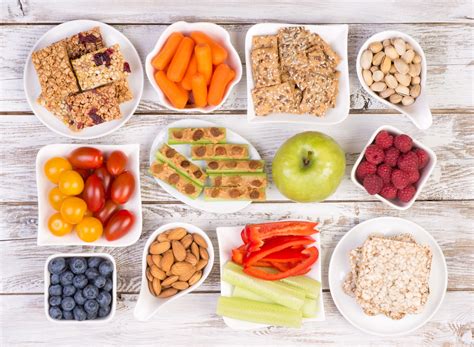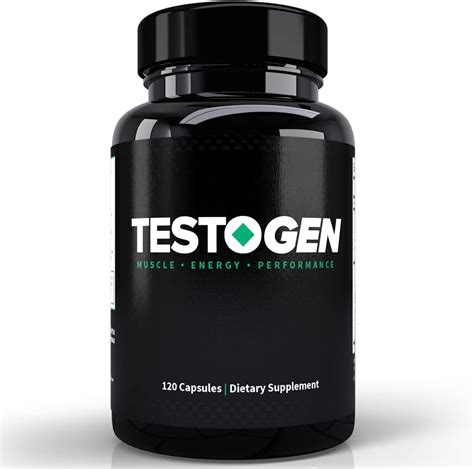Testosterone, often hailed as the cornerstone of male vitality, plays a crucial role far beyond just muscle mass and sex drive. Optimal testosterone levels contribute significantly to energy, mood, cognitive function, bone density, and overall metabolic health. While synthetic options exist, many men are seeking natural, sustainable ways to boost their testosterone for long-term health and performance benefits. This guide explores evidence-based strategies to help you naturally optimize your hormonal balance.
Embrace a Nutrient-Dense Diet
What you eat directly impacts hormone production. Prioritize whole, unprocessed foods. Healthy fats are particularly vital for testosterone synthesis; include sources like avocados, nuts, seeds, olive oil, and fatty fish (salmon, mackerel). Protein is essential for muscle growth and repair, which in turn supports testosterone, so ensure adequate intake from lean meats, eggs, and legumes. Micronutrients like zinc and Vitamin D are also critical. Zinc is found in oysters, red meat, and pumpkin seeds, while Vitamin D can be obtained from sunlight exposure and fortified foods.

Prioritize Strength Training and High-Intensity Exercise
Regular physical activity is a powerful testosterone booster. Studies consistently show that resistance training, especially compound movements like squats, deadlifts, and bench presses, can significantly increase testosterone levels. Aim for 3-4 strength training sessions per week. High-intensity interval training (HIIT) has also been shown to be effective. However, avoid chronic, excessive endurance exercise, which can sometimes have the opposite effect, particularly if not balanced with proper recovery and nutrition.
Consistency is key. Short, intense bursts of activity are often more beneficial than prolonged, moderate exercise when it comes to hormone optimization. Listen to your body and ensure adequate recovery to prevent overtraining, which can be detrimental to testosterone production.
Optimize Sleep Quality and Quantity
Sleep deprivation is a silent killer of testosterone. The majority of your daily testosterone is produced during sleep, particularly during the deep REM stages. Aim for 7-9 hours of high-quality sleep per night. Create a conducive sleep environment: keep your bedroom dark, cool, and quiet. Avoid screens before bedtime and establish a consistent sleep schedule, even on weekends.

Manage Stress Effectively
Chronic stress elevates cortisol levels, and there’s an inverse relationship between cortisol and testosterone. When cortisol is high, testosterone tends to be low. Incorporate stress-reduction techniques into your daily routine such as meditation, deep breathing exercises, yoga, spending time in nature, or engaging in hobbies you enjoy. Prioritizing mental well-being is as crucial as physical health for hormonal balance.
Understanding your stressors and developing coping mechanisms can have a profound impact on your overall endocrine system. Even small, consistent efforts in stress management can yield significant results over time.
Consider Targeted Natural Supplements (Wisely)
While diet and lifestyle are paramount, certain natural supplements can support healthy testosterone levels, especially if you have deficiencies.
- Vitamin D: Many men are deficient. Supplementing can be beneficial, particularly if sun exposure is limited.
- Zinc: Essential for testosterone production. If dietary intake is insufficient, a supplement might help.
- Magnesium: Plays a role in over 300 enzymatic reactions, including those involved in testosterone synthesis.
- Ashwagandha: An adaptogenic herb shown in some studies to reduce cortisol and increase testosterone levels.
- Fenugreek: Some research suggests it may help increase free and total testosterone.
Always consult a healthcare professional before starting any new supplement regimen, as individual needs vary.

Minimize Exposure to Endocrine Disruptors and Alcohol
Certain chemicals found in plastics (BPA, phthalates), pesticides, and personal care products are known as endocrine disruptors. These can mimic or block hormones, potentially interfering with natural testosterone production. Opt for glass or stainless steel containers, choose organic produce when possible, and read labels on personal care items. Additionally, excessive alcohol consumption can negatively impact testosterone levels, so moderation is key.

Maintain a Healthy Body Weight
Obesity, particularly abdominal fat, is strongly linked to lower testosterone levels. Adipose tissue contains an enzyme called aromatase, which converts testosterone into estrogen. Losing excess body fat through diet and exercise can significantly improve testosterone levels and reduce estrogen dominance, promoting a more balanced hormonal profile.

Conclusion
Optimizing testosterone naturally is a holistic endeavor that requires consistency and commitment to healthy lifestyle choices. By focusing on a nutrient-rich diet, regular strength training, adequate sleep, effective stress management, and minimizing exposure to harmful substances, men can significantly improve their testosterone levels. This proactive approach not only supports hormonal balance but also contributes to enhanced physical performance, mental well-being, and a higher quality of life. Consult with a healthcare provider to tailor these strategies to your individual health needs.




